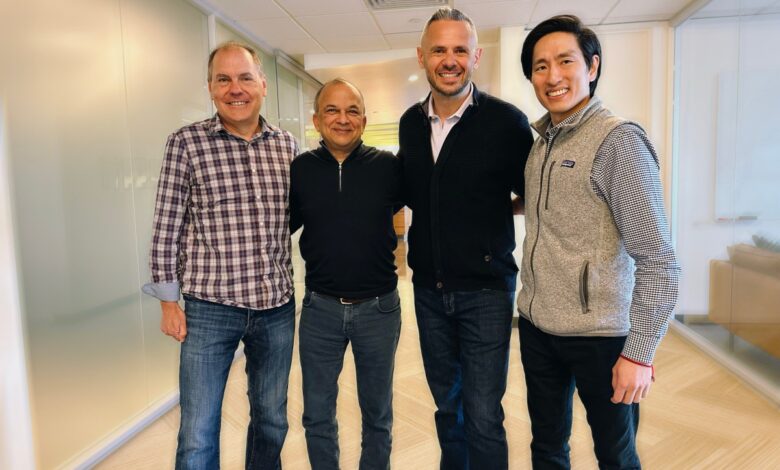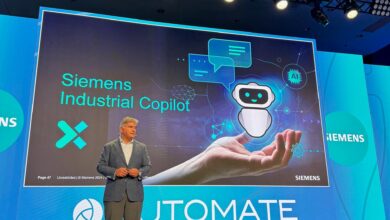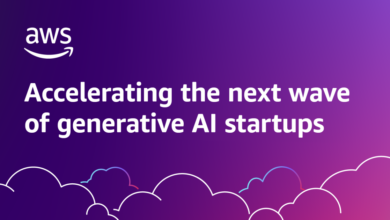Tektonic AI raises $10M to build GenAI agents for automating business operations

Only a few years ago, one of the hottest topics in enterprise software was ‘robotic process automation’ (RPA). It doesn’t feel like those services, which tried to automate a lot of repetitive business processes, ever quite lived up to their promise. The rise of generative AI, however, may just be the missing key to building these kinds of systems.
Seattle-based Tektonic is one of the new startups in this space. The company, which combines GenAI with more traditional symbolic methods, is coming out of stealth today and announcing its $10M seed funding round led by Point72 Ventures and Madrona Ventures.
The idea here is to allow users to work with GenAI agents by using natural language to create workflow automation. One area the company highlights is quotes and renewals, which often involve a series of manual tasks that are hard to automate because every business has its own — and often dynamic — processes for them.
Tektonic was co-founded by Nic Surpatanu, who previously held leadership roles at Tanium, UiPath and Microsoft. “Last year, generative AI happened and I realized that it unlocks some software scenarios that were impossible before,” Surpatanu said. “[Based on] what I learned at UiPath and Microsoft, I know how far you can push traditional automation.”
What’s maybe even more important, he said, is that he believes that you can’t treat generative AI as a magic box. “You have to combine it with symbolic methods. You have to combine it with more traditional software if you want to squeeze the best out of it,” he said.
Generative AI, Surpatanu argues, can bring a degree of adaptability to context and an understanding of the user’s intent to these systems that wasn’t really possible before and something that RPA often struggle with. With these older tools, any major change in the user interface will break the scripted automation. And once you create a set of automation, you then have to commit to maintaining those.
AI also enables the extraction of semantic entities and their mapping to user intent.
“Our approach[…] will not make it 100% flexible for short. I’m not claiming that. But I’m introducing enough flexibility to cover a much broader set of scenarios than was possible before,” Surpatanu said. He noted that he doesn’t believe that the current models are reliable enough to power fully autonomous agents yet and so humans will — at least for the time being — remain in the loop. But, he also stressed, if a tool like Tektonic can take the current state of the art from automating 50% of a process to 80%, that itself would be a major step forward.
On the technical side, Tektonic utilizes a combination of foundation models and open models for entity extraction and lower-level actions.
“Instead of doing manual work across multiple applications, sales reps should partner with AI based agents that understand their processes and get things done so they can spend more time working with customers,” Madrona’s Steve Singh, Ted Kummert and Palak Goel write in the firm’s announcement today. “The emergence of generative AI models with the ability to reason across data silos within applications and orchestrate tasks allow us to rethink process automation taking it to places it has never been before.”
Tektonic is still in its very early days and the team is currently working with a number of design partners to test and build out its system. “Fast forward, like three to five years from now, we’re going to be a SaaS company. You’re going to come in and we’re going to connect to the APIs in your systems,” Surpatanu said. For now, though, getting up and started with Tektonic takes installing the system as a container in a business’ virtual private cloud.



